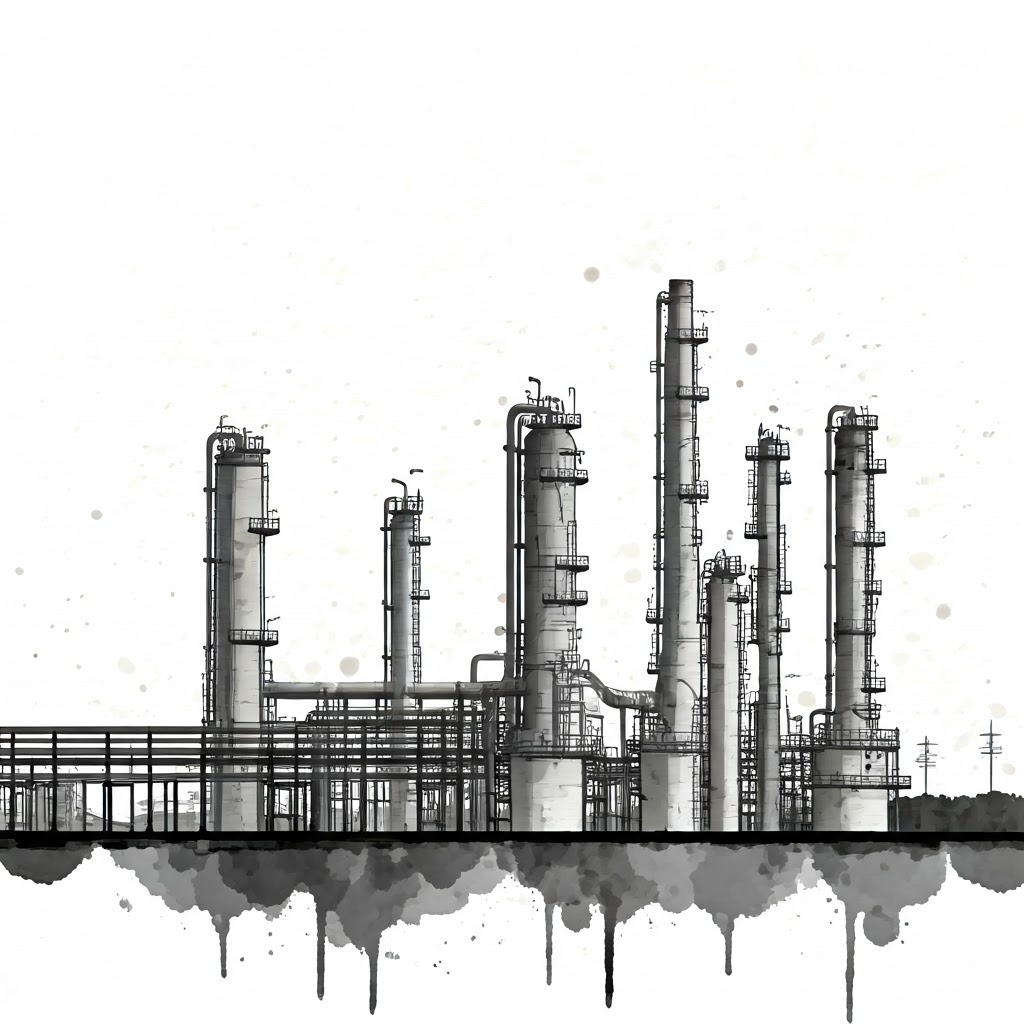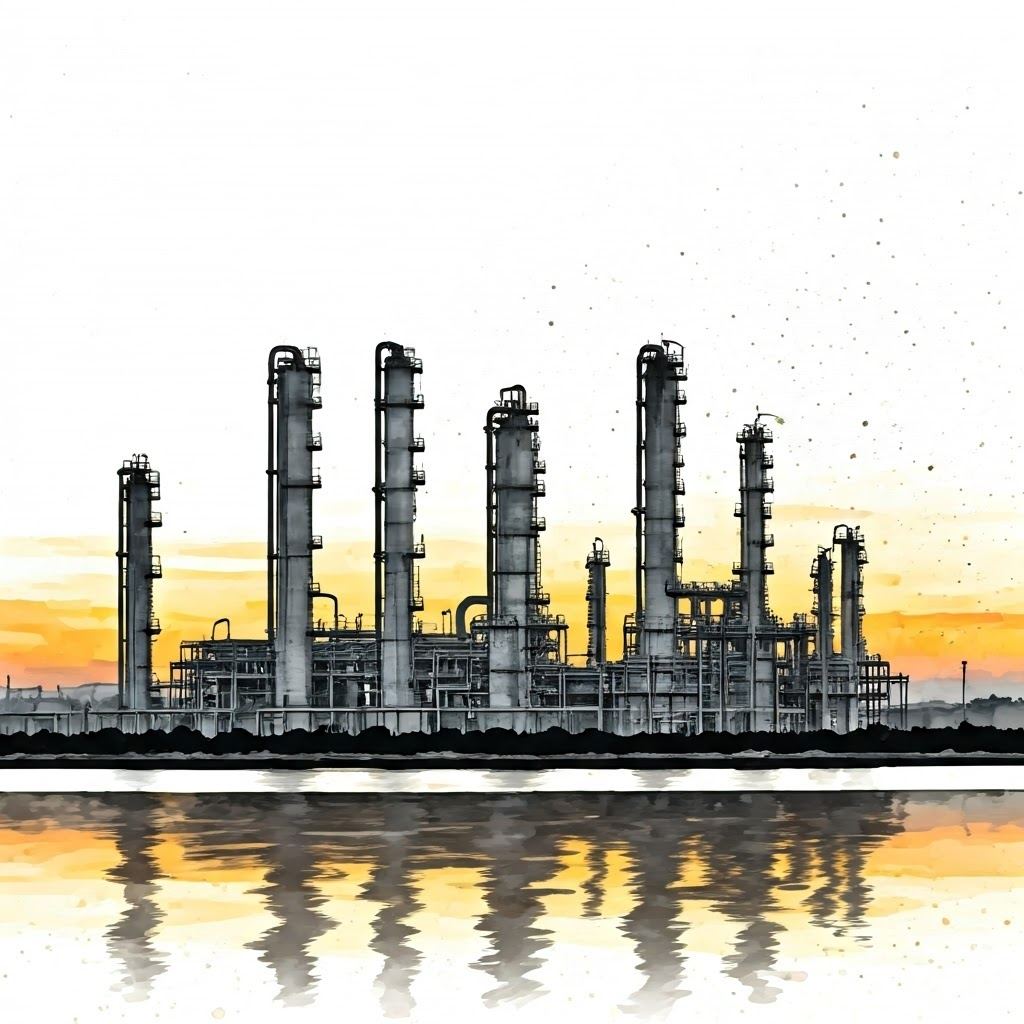President Bola Ahmed Tinubu’s administration is facing a storm of criticism over its approval of the divestment of international oil companies (IOCs) to the Renaissance Consortium. A coalition of Nigerian civil society organizations, community leaders, and concerned citizens have raised serious concerns, arguing that this decision could have devastating consequences for Nigeria’s environment, economy, and social fabric.
This article delves into the heart of this controversy, exploring the coalition’s demands and the potential impacts of this controversial move. Here’s a quick overview of the main points:
- The Controversy: The coalition is demanding that President Tinubu reverse the approval of IOC divestment, particularly the sale of Shell’s remaining shares in SPDC to the Renaissance Consortium.
- Environmental Risks: Concerns are high over potential environmental damage and the lack of accountability of IOCs for past and ongoing pollution.
- Economic Impact: The group believes this deal will undermine national interests.
- The Demand: They call for a halt to all divestment processes until transparent, inclusive reviews, including those of environmental liabilities, are conducted.
The Coalition’s Stand: A Nation’s Voice Against Unfair Deals
Led by Rev. Nnimmo Bassey of the Health of Mother Earth Foundation (HOMEF), the coalition has made it clear: they will not stand idly by as Nigeria’s resources and environment are put at risk. The group stormed the National Assembly, submitting a petition to both the Senate and the House of Representatives, demanding the reversal of the decision. They argue that the proposed sale of Shell’s remaining shares and similar divestment efforts by companies like TotalEnergies could undermine national interests.
Why the Fuss? Understanding the Stakes
The core of the issue lies in the potential environmental and economic consequences. The coalition worries that President Tinubu may have succumbed to pressure from Shell and its home government, leading to a decision that doesn’t serve the Nigerian people. The group insists that this decision could jeopardize the very health of the Niger Delta region and threaten the economic stability of the nation.
Key Concerns
The coalition has raised a number of important concerns, including:
- Environmental Damage: The coalition demands that Shell, TotalEnergies, and other IOCs be held accountable for their past and ongoing environmental damage.
- Accountability: The group stresses that the companies must fund a full cleanup and remediation program in the Niger Delta.
- Transparency: The group wants inclusive and transparent consultation with state governments and the people of oil and gas extraction sites before any divestment.
Demands to Tinubu: It’s Time to Act
The coalition’s message to President Tinubu is clear and urgent: respect the voice of the people and halt all further IOC divestment requests until significant matters of national concern are addressed. They are calling for immediate action to:
- Halt Divestment: Immediately halt all divestment processes until a transparent, comprehensive, and inclusive review is conducted.
- Hold IOCs Accountable: Ensure that Shell, TotalEnergies, and all other IOCs are held accountable for their past and ongoing environmental damage.
- Create an Environmental Restoration Fund: Establish a fund to meet the costs of environmental cleanup and reparations.
- Ensure Community Benefits: Include community profit-sharing opportunities in any divestment agreements.
- Disclose Environmental Liabilities: Mandate full disclosure of all environmental liabilities before divestment.
- Gas Flaring Cessation: Include gas flaring cessation and decommissioning plans in any divestment agreement.
What’s Next?
The coming weeks will be crucial in determining the future of this deal. As the coalition pushes for a reversal, the pressure is on President Tinubu to respond to these critical concerns. Will he listen to the people, or will he continue down a path that risks the environmental and economic future of Nigeria?
The Bigger Picture: Nigeria’s Oil Industry
Nigeria, a major oil producer, has been grappling with various issues in its oil sector for decades, including environmental pollution, community unrest, and concerns about the equitable distribution of wealth. This divestment issue is yet another challenge in a sector that many believe needs serious reform. It’s not just about one deal; it’s about ensuring that Nigeria’s natural resources benefit the people and don’t become another source of destruction.
A Call for Change
The coalition’s stance represents a broader call for change in how Nigeria manages its oil industry. They emphasize that:
- Regulatory Independence: The NUPRC must be allowed to fulfill its duties without political interference.
- Proper Vetting of New Operators: New operators must be committed to responsible environmental management and community welfare.
- Transparent Processes: All processes must be transparent and inclusive.





